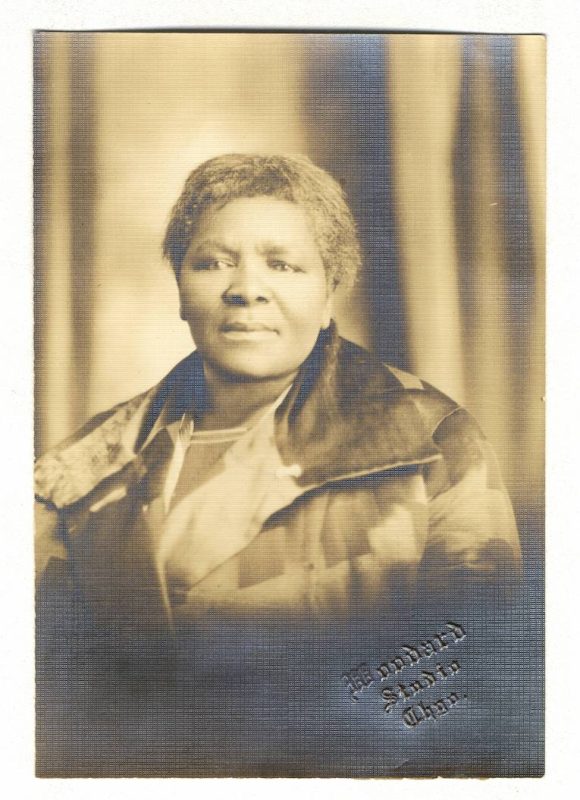PIONEER
Charlotte Manye Maxeke

Educator | Women’s Rights Activist | Community activist
Born: 7 April 1874 Died: 16 October 1939
“It is high time the voice of the Bantu women was heard. They must get themselves ready for the struggle … in the building of this nation, women must lead.”
Who is
Charlotte Manye Maxeke?
First black woman university graduate and early political freedom fighter.
Professions
and Roles
Teacher, activist, writer, social worker, spiritual leader, graduate, and political leader.
Best Known For
Establishing the Bantu Women’s League (BWL) which was the predecessor to the African National Congress Women’s League (ANCWL).
Life highlights
- Manye Maxeke moved to Kimberley in 1885 with her family where she trained as a teacher.
- In 1891, Manye Maxeke heard the American Jubilee Singers perform. A few years later, she joined the African Native Choir modelled on the Jubilee Singers, and went on tour to England and North America. When in London, the choir performed for Queen Victoria at the Royal Albert Hall. The tour also had sold out tours throughout Canada and the United States.
- It is said that while she was in London with the African Native Choir in 1896, Manye Maxeke attended suffragette meetings and heard women like Emmeline Pankhurst speak to women’s franchise.
- Manye Maxeke was offered a church scholarship to study at Wilberforce University in Ohio and studied under prominent Pan-Africanist scholar, W E B Du Bois. She assisted young black intellectuals and activists from South Africa with their applications to study at the University, thus creating a powerful channel of educational exchange for black people between South Africa and the US. While at Wilberforce, she received a B.Sc. degree, graduating in 1901, becoming the first black South African woman to earn a university degree.
- When Manye Maxeke returned to South Africa, she attended the inaugural conference of the South African Native National Conference (SANNC) in Bloemfontein in 1912. Because women were not invited to become members of the organisation, Manye Maxeke was forced to wait outside.
- Manye Maxeke organised a petition signed by more than 5 000 black and coloured women from the Free State to protest pass laws for women in the colony.
- The next year, she led a group of women who burned their passes in front of municipal offices in Bloemfontein. This protest went on for several days, with various marches and clashes with police. In 1914, the Free State government submitted to their demands and relaxed pass laws for a short while, proving that women had achieved one of the first victories against the racist regime.
- Manye Maxeke went on to found and was the first President of the BWL in 1918. When new pass laws were introduced that year, the BWL led a delegation to the Prime Minister of the Free State’s office in protest.
- Manye Maxeke was also instrumental in the formation of the first black trade union, the Industrial and Commercial Workers Union in the Witwatersrand in 1920. She addressed the All-African conference in 1928.
IN THEIR OWN WORDS
“It is high time the voice of the Bantu women was heard. They must get themselves ready for the struggle … in the building of this nation, women must lead.”
– Charlotte Manye Maxeke, on opening the Bantu Women’s League, 1917
IN THE WORDS OF OTHERS
“Women like Charlotte Maxeke laid the firm foundations in their pioneering work for which women today are reaping immense benefits.”
– Parliament’s ‘The Memory Project’ Inaugural lecture, 2015
The Johannesburg General Hospital was renamed after her in 2008, and is now called the Charlotte Maxeke Johannesburg Academic Hospital. There is also a heroine-class military submarine named after her.
References
No references
